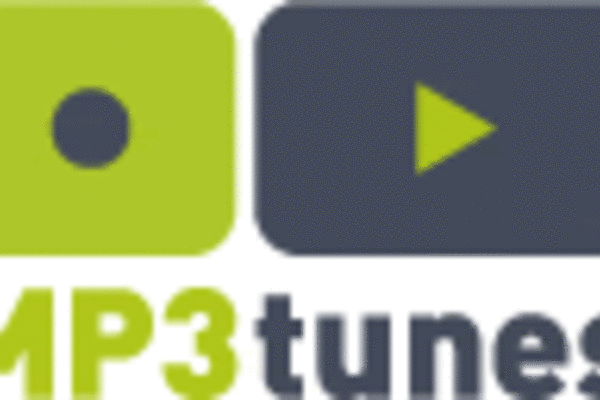DMCA safe harbors reaffirmed in MP3tunes ruling
Rich Fiscus
25 Aug 2011 14:48

Earlier this week a federal judge presiding over EMI's copyright infringement lawsuit against MP3tunes dismissed the label's claim that the file locker service does not qualify for DMCA safe harbor protection.
Safe harbors are intended to shield service providers from third party liability for copyright infringement. In other words, if someone infringes using your service, there is no legal claim against the service.
To qualify for safe harbor protection, a service provider must comply with various other provisions of the DMCA. Among them is a requirement the provider, "does not have actual knowledge that the material or an activity using the material on the system or network is infringing" and "is not aware of facts or circumstances from which infringing activity is apparent."
MP3tunes operates a music file locker service which allows subscribers to store copies of free music they find on the Internet. They call this sideloading.
MP3tunes also operates a partner website called Sideload, which keeps an index of links to songs which have been sideloaded to subscribers' lockers.
According to EMI, "the vast majority of sound recordings and compositions," available through Sideload and stored in MP3tunes lockers are infringing.
EMI also claims MP3tunes executives and employees were aware of this because, "The works listed on Sideload are readily recognizable as copyrighted works." Additionally, they refer to DMCA takedowns sent to MP3tunes from EMI which provide a list of infringing Sideload links.
However, Judge William Pauley III disagreed, citing Viacom's failed lawsuit against Google:
Service providers must take down the specific infringing material identified in the notice but are not required to search for and take down other material that may infringe on the identified copyrighted works.
He also rejected EMI's claim that MP3tunes failed to implement a policy for terminating accounts of repeat infringers, another requirement for safe harbor protection:
MP3tunes tracks the source and web address of every sideloaded song in its users' lockers and can terminate the account of a repeat infringer. And MP3tunes employed those resources to implement its policy by terminating the accounts of 153 users who blatantly allowed others to access their lockers and copy music files without authorization.
It wasn't a complete victory for MP3tunes, however. They were found liable for contributory copyright infringement for not removing songs from subscribers' lockers after receiving takedown notices for the related linkes on Sideload.
Although MP3tunes removed the infringing links from Sideload, it chose not to block any of its users from having unrestricted access to infringing copies of Plaintiffs' recordings stored in users lockers. Those users remained free to download and experience those infringing copies from MP3tunes' servers. Thus, there is no genuine dispute that MP3tunes had actual knowledge its users had stored and continued to have access to infringing copies of Plaintiffs' works.
The case is far from over. Judge Pauley's ruling was limited to addressing motions for summary judgment.
Still, it has to make other cloud storage providers happy because, pending appeal, the DMCA related aspects of this case have clearly been decided in their favor.